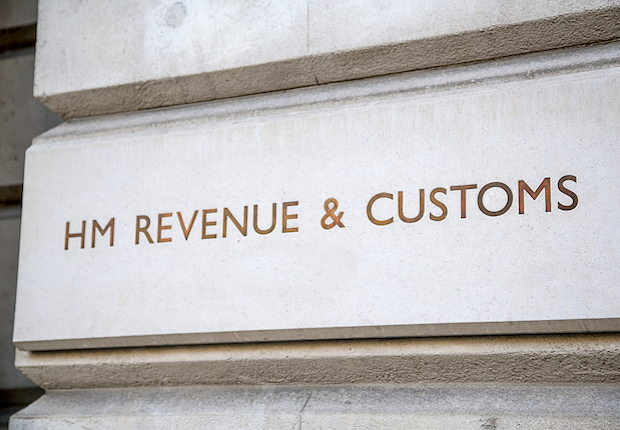
Chancellor Philip Hammond used both the Autumn Statement 2016 and the Spring Budget 2017 to confirm a number of measures that will affect the pay and benefits landscape. Below is a round up of these measures, along with other tax and legislation changes coming into effect from April 2017:
- National minimum wage and national living wage rates will increase from 1 April 2017. The national living wage will rise from £7.20 to £7.50 an hour for staff aged 25 and over.
- Private and voluntary sector organisations in Great Britain with 250 or more employees will need to collect pay data in line with the gender pay gap reporting requirements, with a snapshot date of 5 April. This information will then need to be published by the following 4 April each year as part of The Equality Act 2010 (Gender Pay Gap Information) Regulations 2017. The snapshot date for public sector organisations is 31 March 2017.
- The range of benefits that attract tax and employer national insurance (NI) advantages when offered through a salary sacrifice arrangement will be limited from 6 April 2017. Pensions and pensions advice, childcare vouchers, bikes-for-work schemes, and ultra-low emission vehicles (ULEVs) will be exempt from these changes. Arrangements in place before April 2017 will be protected until April 2018, and cars, accommodation, and school fees will be protected until 2021.
- The money purchase annual allowance (MPAA) will reduce from £10,000 to £4,000.
- Employer and employee national insurance (NI) thresholds will be aligned, so that both employers and employees will pay NI on weekly earnings above £157 from April 2017. This will replace the current thresholds of £155 a week for employees and £156 a week for employers.
- The tax-free personal allowance will increase to £11,500 and the higher-rate threshold will rise to £45,000.
- The lifetime individual savings account (Lisa) will launch on 6 April 2017. This will enable individuals between the ages of 18 and 40 years old to save up to £4,000 a year into the savings vehicle until the age of 50. This will attract a government bonus of 25% when the savings are put towards a first home or withdrawn as retirement income from the age of 60.
- The government will roll out its tax-free childcare scheme from 28 April 2017, providing parents with children under the age of 12 up to £2,000 a year per child to help cover childcare costs.